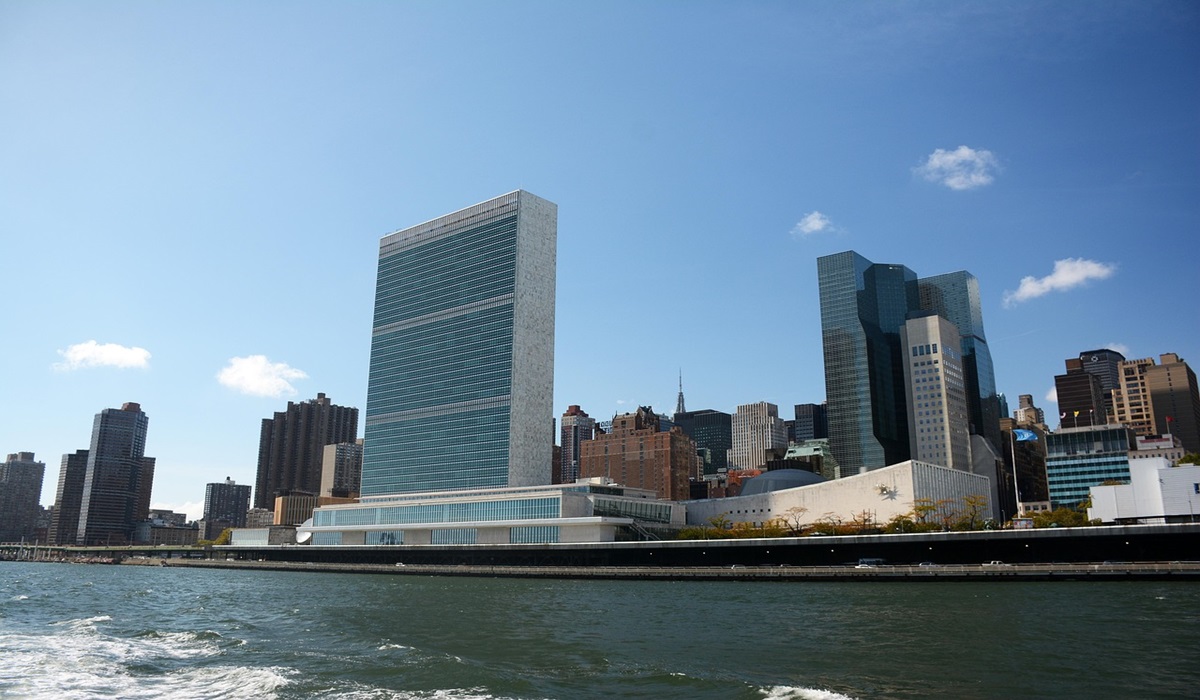United States Pulls Out of UN Human Rights Review: Timing and Consequences
- Naomi Dela Cruz
- Trending News
- August 29, 2025

In a move that has drawn global attention, the United States has announced it will withdraw from the United Nations’ Universal Periodic Review (UPR) of human rights. This decision, unprecedented in the UPR’s nearly two-decade history, raises questions about U.S. engagement with international human rights mechanisms and the broader implications for global accountability.
The UPR is a cornerstone of the United Nations’ human rights framework. Established in 2006, it requires every UN member state to undergo periodic scrutiny of its human rights record, with recommendations from other member nations aimed at improving conditions and addressing abuses. By participating, countries signal their willingness to be held accountable and to engage in dialogue with the international community.
The U.S. withdrawal comes amid a broader push by the current administration to reassess its involvement in multilateral organizations. Officials cite concerns over perceived bias within the UN Human Rights Council and frustration with what they view as a disproportionate focus on certain countries while ignoring abuses elsewhere. Critics argue, however, that this rationale masks a deeper desire to sidestep international scrutiny of America’s own human rights record, including contentious domestic policies and ongoing social challenges.
Timing also appears significant. The withdrawal occurs as the UPR was preparing to review the United States’ record, potentially exposing areas of concern in civil liberties, criminal justice, and immigration policy. By stepping back now, the administration avoids formal critique from the international community, though at the cost of international credibility and moral authority.
Human rights advocates have reacted sharply. Many warn that the decision undermines global norms, weakening the very mechanisms designed to encourage transparency and accountability. There is concern that the move could embolden other countries with poor human rights records to follow suit, eroding the effectiveness of the UPR and other UN oversight processes.
For the United States, the consequences are both symbolic and practical. Symbolically, withdrawing sends a message that international human rights standards may be optional rather than universal. Practically, it limits the U.S.’s ability to influence the discussion and advocate for reforms abroad, a role it has traditionally leveraged as a major power.
Ultimately, this withdrawal reflects a growing tension between national sovereignty and global accountability. While the administration frames the move as defending national interests, it also raises the question of how countries can balance domestic priorities with the responsibilities of global citizenship. As international observers and human rights groups watch closely, the U.S.’s absence from the upcoming review will be felt—not just in Geneva, but in the broader conversation about human rights leadership on the world stage.
If you want, I can also draft a punchier, more attention-grabbing headline and opening paragraph to make this piece feel like a front-page news story. Do you want me to do that?








